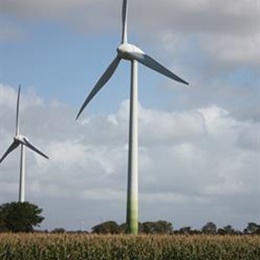
Sustainability
Driven by social impact
To achieve this ambition, we focus on the Dutch public sector and on building strong customer partnerships. We conduct our activities in a fair and transparent way, with respect for the environment and society at large.

Driving social impact
We aim to be a go-to partner for our clients by helping them address the social challenges they have to cope with. We want to be successful at delivering and demonstrating our social impact.
Climate action
We are taking action to keep our planet as livable as possible for our own and future generations. To achieve our objectives, we focus on emission reductions in the four biggest sectors of our bank's operations: housing associations, municipalities, healthcare and education.
Environmental, Social and Governance (ESG)
BNG Bank conducts its activities with respect for the environment and for society at large, and in a fair and transparent way.
BNG and Human Rights
BNG is committed to upholding human rights across all its operations and relationships. Our Human Rights Policy outlines the measures we take to identify, prevent, and mitigate human rights risks in our financing activities, supplier engagements, and funding operations. This policy aligns with international standards, including the UN Guiding Principles on Business and Human Rights and the OECD Guidelines for Multinational Enterprises. Through this policy, we aim to contribute to a responsible value chain and ensure that our activities support sustainable and ethical practices.
Measuring our impact
Our goal is to demonstrably empower our clients to make an impact by financing sustainable projects and activities. Our methodology enables us to measure and report on our clients’ impact.
ESG ratings
BNG Bank received ESG rating by some of the world’s leading independent ESG rating agencies. As a promotional lender, BNG Bank is driven to make social impact and wants to be successful at delivering and demonstrating this.

